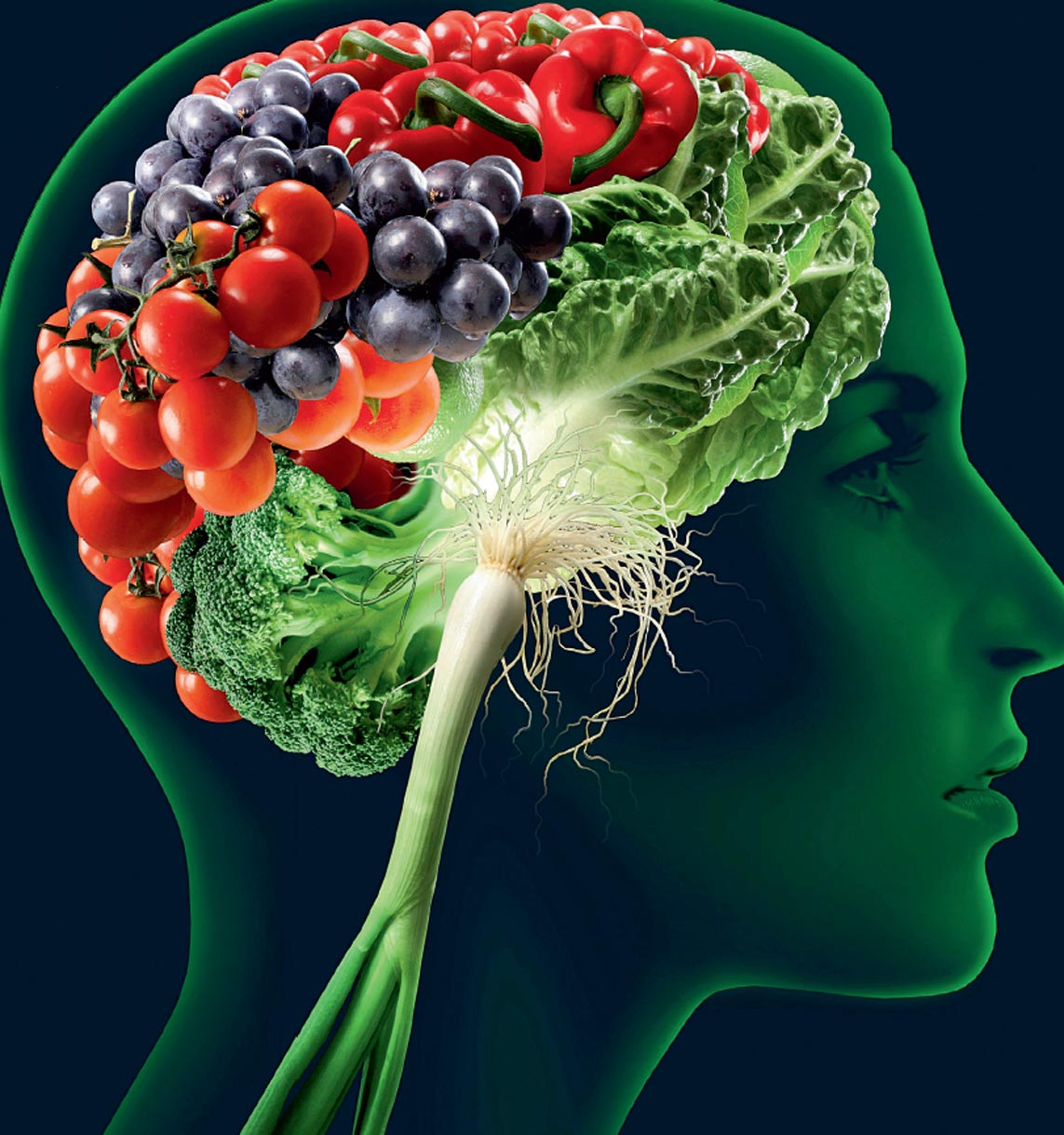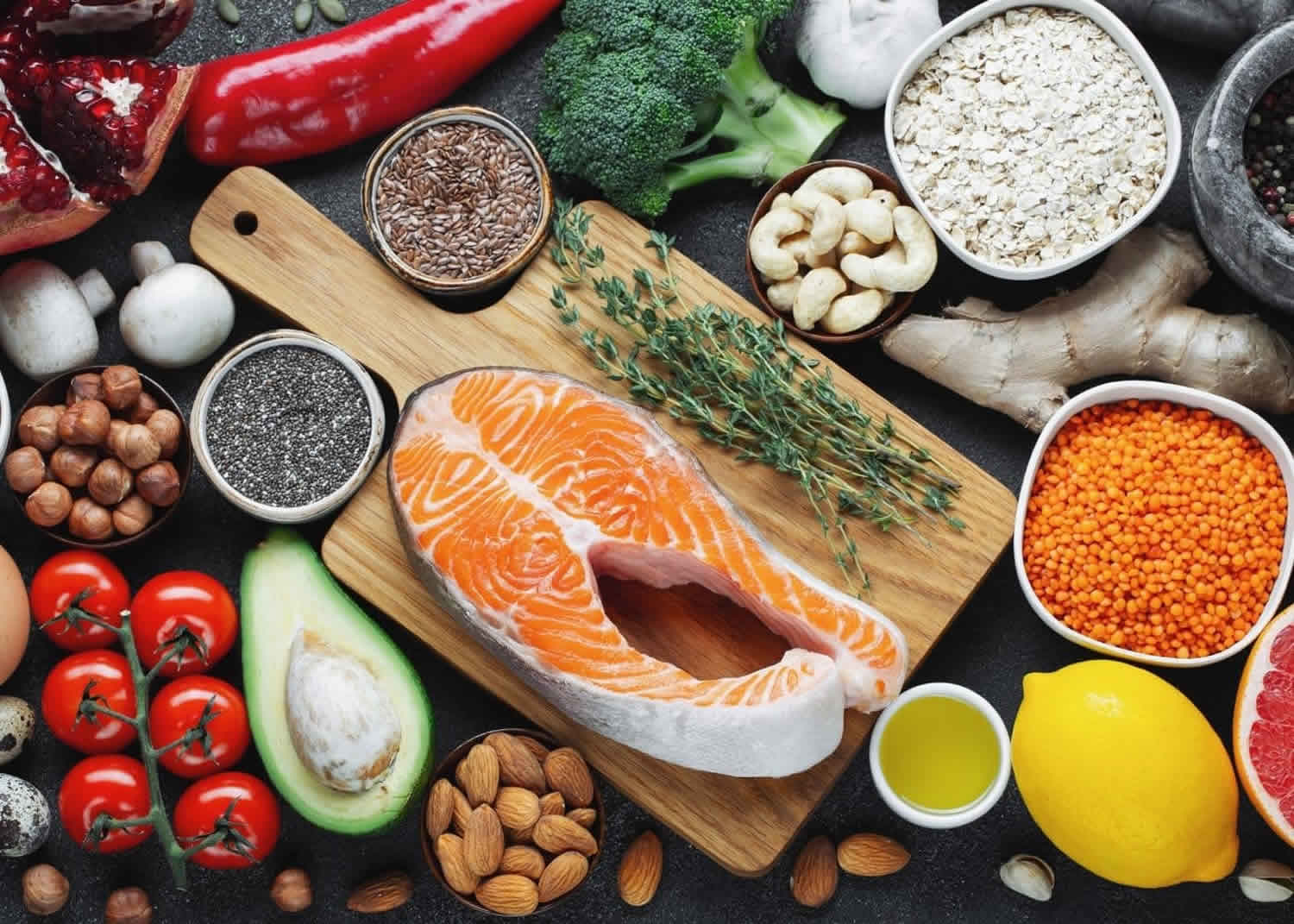What Are The Best Foods To Eat For Brain Health
What Are The Best Foods To Eat For Brain Health
Introduction
Maintaining a healthy brain is essential for good mental health and quality of life. Eating a balanced diet, full of nutritious foods, is a great way to ensure your brain is getting the vitamins and minerals it needs to function properly. While there are many foods that can help keep your brain healthy and functioning, certain foods are especially beneficial. Here are some of the best foods to eat for brain health.
Fish
Fish is one of the best foods to eat for brain health. It is rich in omega-3 fatty acids, which are essential for healthy brain development and function. Omega-3s are involved in many biological processes, including the production of hormones and neurotransmitters that regulate mood and emotions. Fish also contains vitamin D, which is important for cognitive function and has been linked to a lower risk of Alzheimer's disease. The best sources of omega-3 fatty acids are fatty fish, such as salmon, mackerel, tuna, and herring.
Nuts and Seeds
Nuts and seeds are a great source of healthy fats, protein, and vitamins and minerals. They are also rich in antioxidants, which can help protect the brain from damage caused by free radicals. Nuts and seeds are especially high in omega-3 fatty acids, which can help improve brain function. Seeds, especially chia and flaxseed, are particularly high in omega-3s. Nuts such as walnuts, almonds, and cashews are also beneficial. Additionally, a handful of nuts can make a great snack that is both filling and nutritious.
Fruits and Vegetables
Fruits and vegetables are essential for good health, and they can also benefit brain health. Fruits and vegetables are packed with vitamins and minerals, such as vitamin C and folic acid, which are important for brain health and cognition. Additionally, some fruits and vegetables are high in antioxidants, which can protect the brain from damage caused by free radicals. The best sources of fruits and vegetables are dark, leafy greens, such as spinach, kale, and broccoli, as well as brightly-colored fruits, such as blueberries, strawberries, and oranges.
Whole Grains
Whole grains are essential for good health and brain function. They are rich in fiber, which can help improve digestion, and they are also a good source of B-vitamins, which are essential for energy production and cognitive function. Whole grains are also rich in antioxidants, which can help protect the brain from damage caused by free radicals. The best sources of whole grains are oats, brown rice, quinoa, and buckwheat.
Dark Chocolate
Dark chocolate is a great source of antioxidants, which can help protect the brain from damage caused by free radicals. It is also a good source of polyphenols, which can help improve cognitive function and reduce the risk of Alzheimer's disease. Additionally, dark chocolate is rich in magnesium, which is important for nerve and muscle function. Be sure to choose dark chocolate that is at least 70% cocoa for the most health benefits.
Top 12 Foods for Your Brain – Jane's Healthy Kitchen
Six best brain foods to eat as you age – PML Daily

The Best Foods for Brain Health

Best foods for a healthy brain - Wendys Way To Health
Best foods for brain health and improve memory

#9 Best Foods to Boost My Brain: What to Eat and Not for a Healthy Brain
The brain requires nutrients just like your heart, lungs or muscles do

These are the Best Foods for Your Brain Health | Radiant Life Chiropractic

Foods To Eat For Good Brain Health | HuffPost Australia

Best Brain Healthy Foods - Five Spot Green Living
